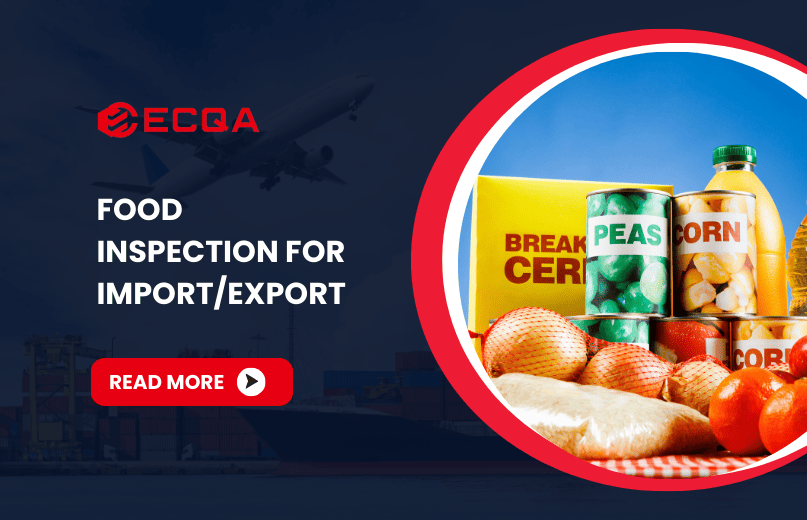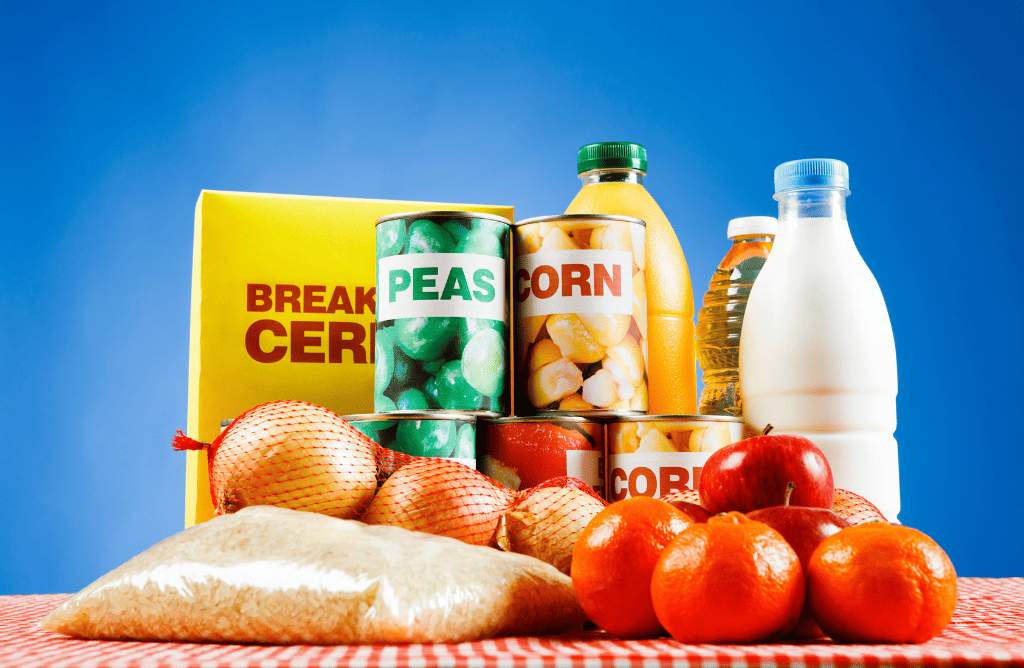
Food inspection for import/export

The growing reliance on Chinese cabbage imports has become a major trend in South Korea due to significant price disparities and extreme weather conditions impacting domestic cabbage harvests. Businesses across Korea are turning to cost-effective Chinese cabbage to remain competitive, as domestic prices rise amidst climate challenges. This situation underscores the vital importance of robust food inspection mechanisms, particularly when dealing with products sourced internationally.
The Role of Food Inspection
Food inspection is an essential mechanism for verifying compliance with food safety regulations and quality standards. It is conducted by governmental authorities as well as internal teams within food manufacturing facilities. Food inspection can take many forms, including on-site audits, sampling of products, and reviewing documentation.
The purpose of food inspection is to identify any potential issues or non-compliance, allowing timely action to prevent unsafe products from reaching consumers. Inspection findings also provide valuable feedback to food manufacturers to improve their processes and continuously enhance food safety practices. Food inspections focus on specific criteria such as appearance, packaging, labeling, and storage conditions to ensure products meet the highest quality and safety standards.
Key Criteria in Food Inspection
Food inspection involves thorough examination based on key criteria. These factors are crucial in determining whether a product is fit for consumption and accurately represented to the consumer. Here’s a closer look at what these aspects entail:
1. Appearance
The visual assessment of a food product is often the first point of evaluation. Appearance encompasses factors such as color, texture, and the presence of any physical defects.
Inspectors check that the product matches established standards for color and uniformity, free from unusual spots, discolorations, or evidence of contamination.
For example, fruits and vegetables should display consistent coloring, meats should have the expected marbling and color, and baked goods should have the desired texture and crust. Any deviation from the expected appearance can suggest quality issues or potential spoilage.
Korea Food Import Requirements: For food imports into Korea, visual inspection is a critical component of the process. The Korean Ministry of Food and Drug Safety (MFDS) enforces strict standards for the appearance of food products. This includes requirements regarding the freshness, color, and overall condition of the product, ensuring it is free from any signs of spoilage or contamination. Specific products, especially agricultural goods, often have detailed visual requirements which exporters must comply with.
2. Packaging
Food packaging plays a critical role in protecting food during transportation and storage. During inspection, it’s not only the functionality of the packaging that is assessed but also its integrity. Inspectors check for damage such as dents, tears, or breaks, which could compromise the product’s safety.
Proper food sealing is verified to prevent contamination or spoilage. The materials used for packaging are also examined to ensure they are food-grade and do not leach any harmful substances into the food. Packaging also must be fit for purpose, meaning that the correct material for preservation, such as vacuum sealing for meats, should be used.
Korea Food Import Requirement: Korea’s import regulations for packaging are rigorous. The MFDS mandates that packaging materials must be food-grade and safe for contact with food. There are strict requirements about the type of materials allowed, particularly those that come into direct contact with the product. Packaging must be properly sealed and should effectively prevent any contamination. Compliance with Korean standards often requires specific labeling and certification for the packaging material.
3. Labeling
Labeling must provide clear and accurate information to consumers. Inspectors meticulously verify all aspects of the label, including ingredient lists, nutritional information, expiration dates, allergen statements, and storage instructions.
The information must comply with regulatory requirements and be presented in an easily readable format. Any misleading claims, inaccurate nutritional information, or improperly declared allergens can have severe implications for consumer health and can lead to severe penalties and reputational damage for manufacturers.
Labeling standards differ from country to country, and all requirements must be met to comply with the standards of the country where the product is sold.
Korea Food Import Requirement: Korea has very specific and detailed labeling requirements. Labels must be in Korean and include precise information about the product, such as the product name, ingredients, nutritional facts, manufacturer details, expiration date, and any allergen warnings. The font size and placement of this information are also regulated.
The Korean MFDS strictly enforces these rules, and any inaccuracies can lead to import rejection and legal penalties. For certain categories like processed foods, additional documentation and certifications are necessary to prove compliance.
4. Storage Conditions
Proper storage conditions are essential to maintain the safety and quality of food products. Inspectors verify that food is stored at the correct temperature and humidity levels. This involves ensuring that refrigeration and freezer units are functioning correctly and that storage areas are clean and free from pests.
The method of stacking and organizing products is also inspected to prevent damage or temperature fluctuations. Storage conditions must also comply with any specific product requirements for optimal preservation. Improper storage can lead to bacterial growth, spoilage, or other safety issues, which can be highly detrimental to both public health and the manufacturer’s reputation.
Korea Food Import Requirement: For food imports into Korea, proper storage conditions are crucial for maintaining product integrity. The MFDS requires that all imported food products must be stored in conditions that prevent spoilage and contamination. This includes maintaining appropriate temperatures and humidity levels during transportation, storage, and distribution. The importer must provide documentation demonstrating compliance with these storage requirements, and the storage facilities used in Korea must also meet the prescribed standards.
_________________________________________________________________________
Are you a food importer or exporter seeking to navigate the complex landscape of international food safety regulations? Ensure your products meet the highest standards by partnering with experts in food inspection and quality control. Contact ECQA today to learn how our comprehensive food inspection services can help you achieve full regulatory compliance and build consumer confidence.

 Request Free Sample Report
Request Free Sample Report